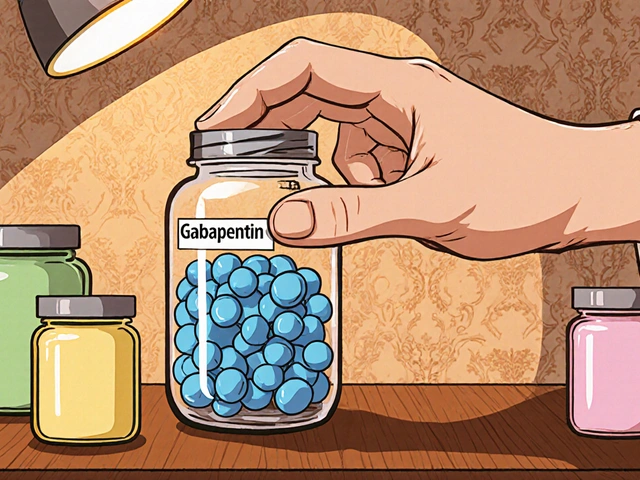Lemon Verbena Benefits – What This Herb Does for You
If you’ve ever walked past a garden and caught a whiff of fresh citrus, you might have smelled lemon verbena. This little plant packs a punch when it comes to health perks, and the good news is you can enjoy it in a cup of tea, a splash in a salad, or even a few drops of essential oil. Below you’ll find the most useful ways this herb can help you feel better every day.
How to Use Lemon Verbena
The easiest way to get the benefits is to brew a tea. Just steep one to two teaspoons of dried leaves in hot water for five minutes, strain, and sip. You’ll notice a bright, lemony flavor that isn’t as sharp as actual lemon, making it perfect for a calming beverage before bed.
If you prefer a cold drink, brew a strong batch, chill it, and add a squeeze of fresh lemon or a drizzle of honey. It works great as a base for smoothies too—just toss a handful of fresh leaves into a fruit blend.
Beyond drinks, you can sprinkle fresh or dried leaves over salads, grilled fish, or roasted vegetables. The herb adds a subtle citrus aroma without the acidity of lemon juice, which can be a nice change for people who watch their stomach acid.
Potential Side Effects
Most people tolerate lemon verbena just fine, but a few things are worth watching. Some folks report mild stomach upset if they drink large amounts, so start with a half‑cup and see how you feel.
Because the plant can act like a mild diuretic, you might notice a little extra trips to the bathroom. That’s usually harmless, but stay hydrated if you’re drinking a lot of tea.
If you’re pregnant, nursing, or taking blood‑thinning medication, check with a health professional before adding a lot of lemon verbena to your routine. The herb has a small amount of coumarin‑like compounds that could, in theory, interfere with clotting.
Overall, the side‑effect profile is light, especially when you keep consumption moderate.
Now that you know how to use it and what to watch for, let’s look at the main reasons people love lemon verbena.
Stress relief: The aroma alone can calm nerves. Studies on aromatherapy show that lemon‑scented plants can lower cortisol, the stress hormone. Brewing a cup before a busy day or after work can give you a quick mental reset.
Digestive support: Lemon verbena has antispasmodic properties, meaning it can help smooth out stomach cramps and reduce gas. People with occasional indigestion often find relief after a tea.
Anti‑inflammatory action: The plant contains flavonoids that act as antioxidants. While the effect isn’t as strong as prescription meds, regular consumption can help lower mild inflammation in the body.
Sleep aid: Because the tea is caffeine‑free and has a soothing scent, many use it as a nighttime ritual. The gentle relaxation can make it easier to drift off without the jitters you might get from herbal blends with valerian.
Skin health: A few drops of lemon verbena essential oil mixed with a carrier oil can be applied to the skin. Users report softer, less irritated skin, especially after sun exposure.
In short, lemon verbena is a low‑cost, easy‑to‑find herb that offers several practical health boosts. Whether you drink it, sprinkle it, or use its oil, you’ll likely notice a subtle improvement in stress levels, digestion, and overall comfort.
Give it a try today—brew a tea, add it to your salad, or keep a tiny bottle of oil on your nightstand. Your body will thank you for the fresh, citrusy lift.

Lemon Verbena Benefits: Evidence, Dosage, Safety, and Smart Ways to Use It
Curious about lemon verbena? See science-backed benefits, ideal doses, safety, and easy ways to use the herb as tea or capsules for sleep, stress, and recovery.
Read More




